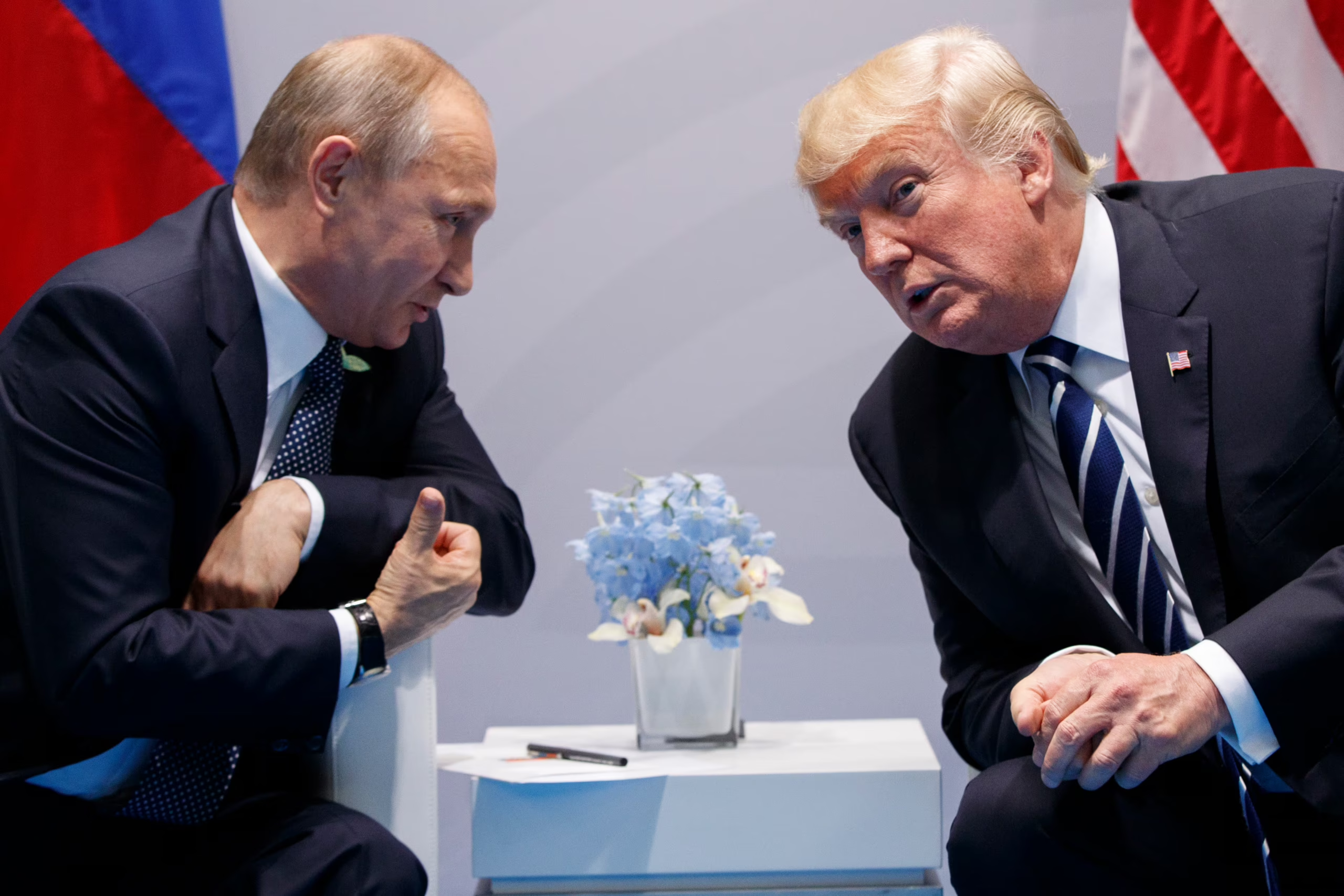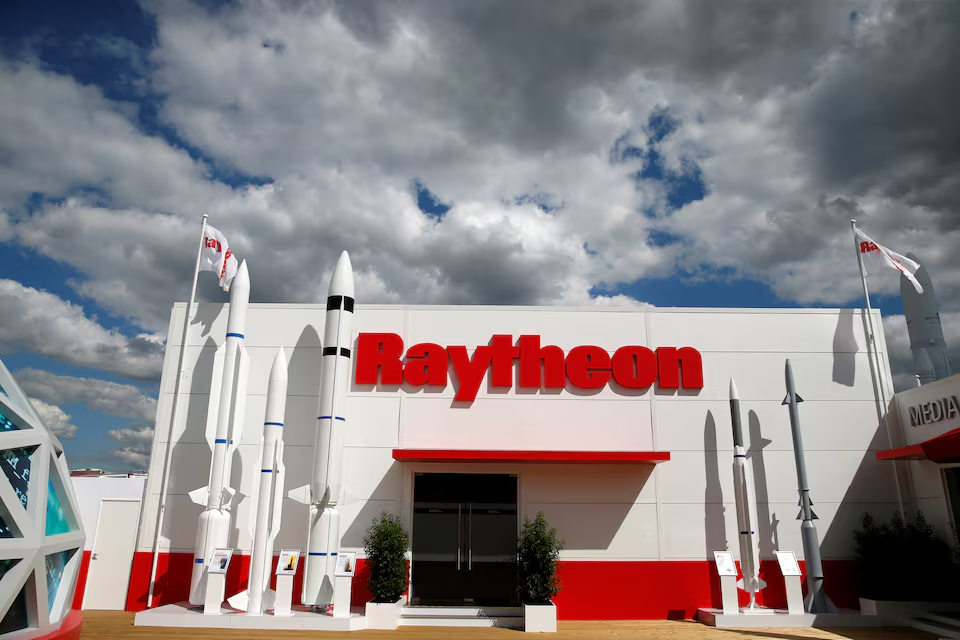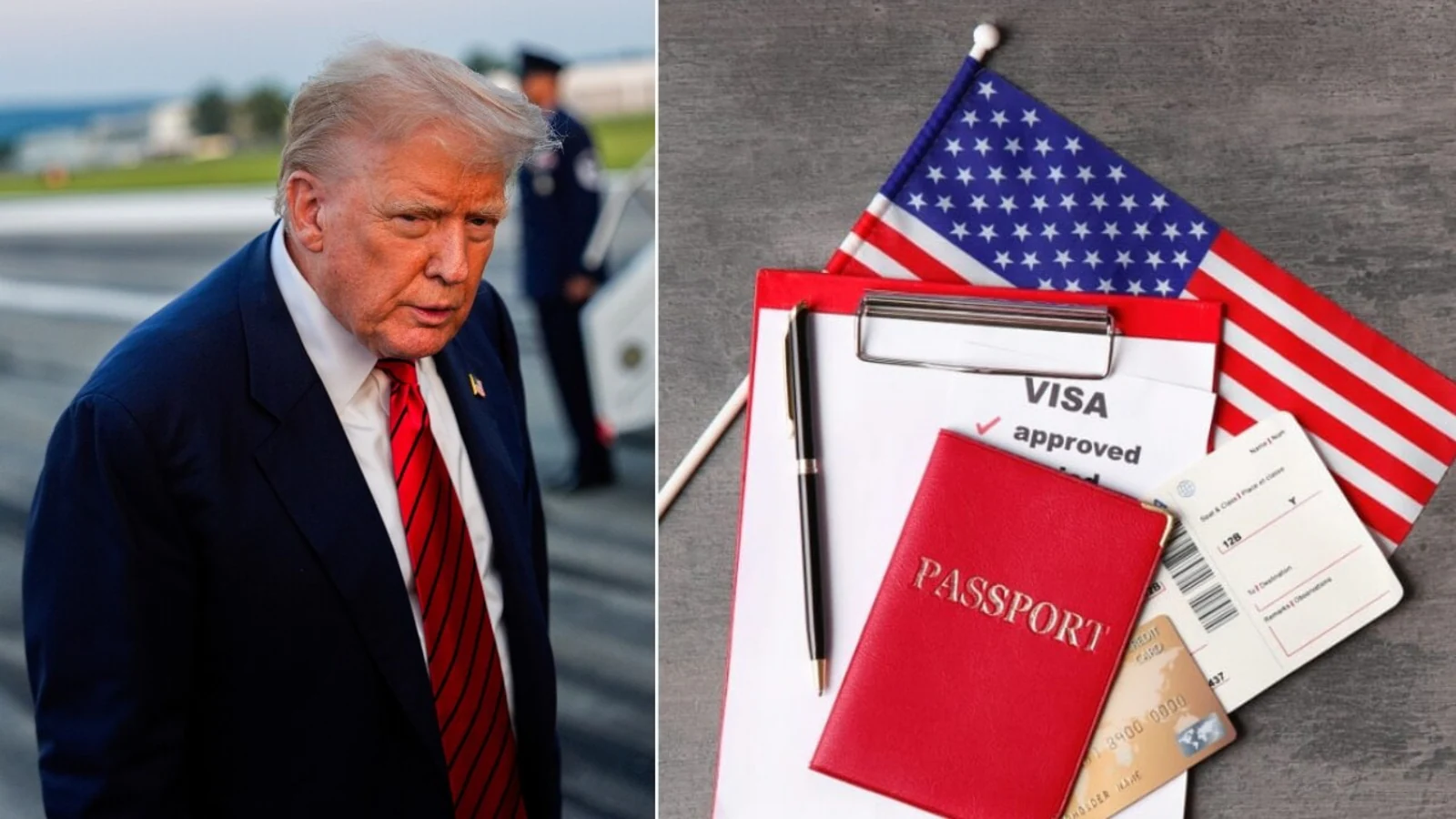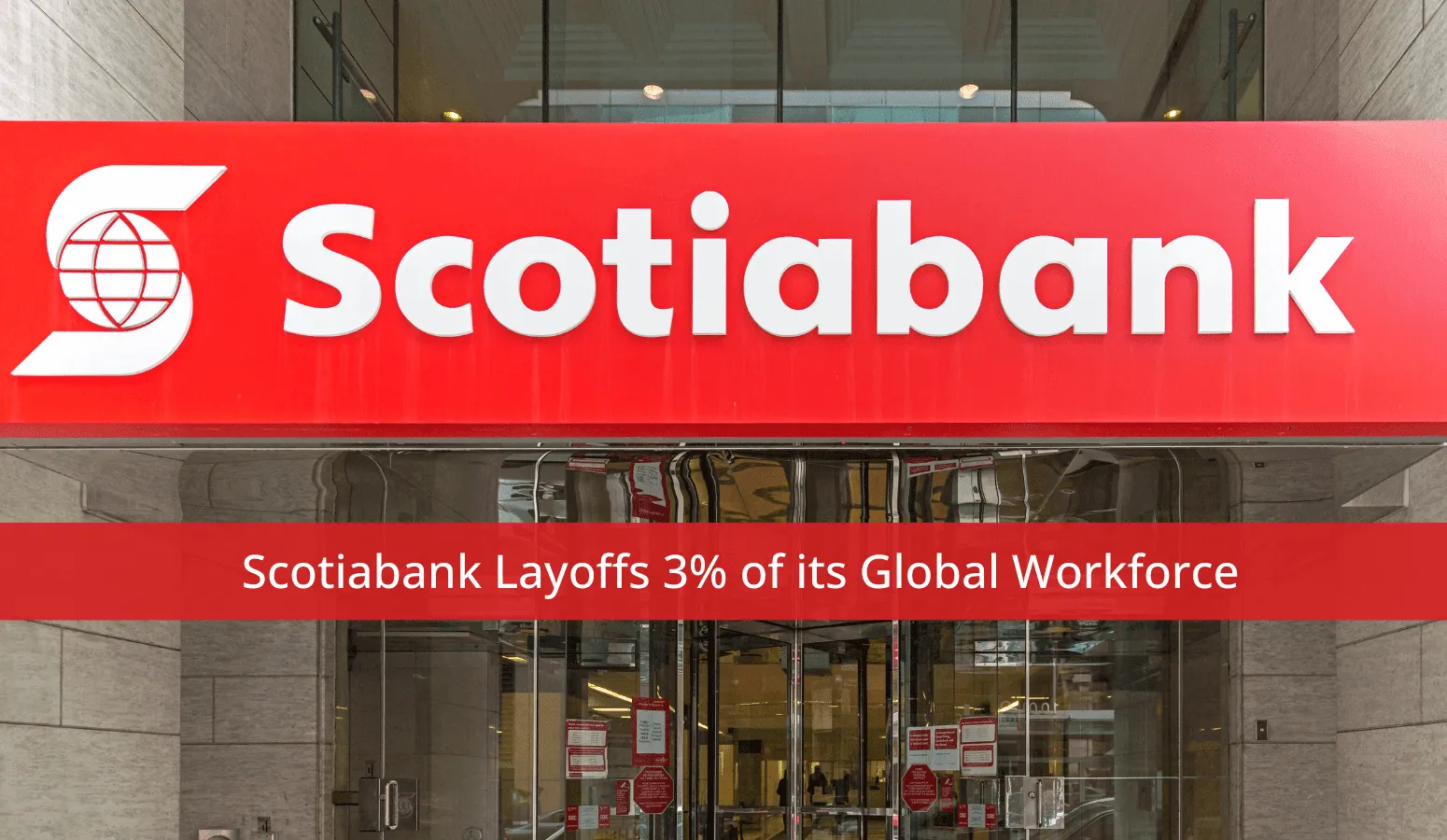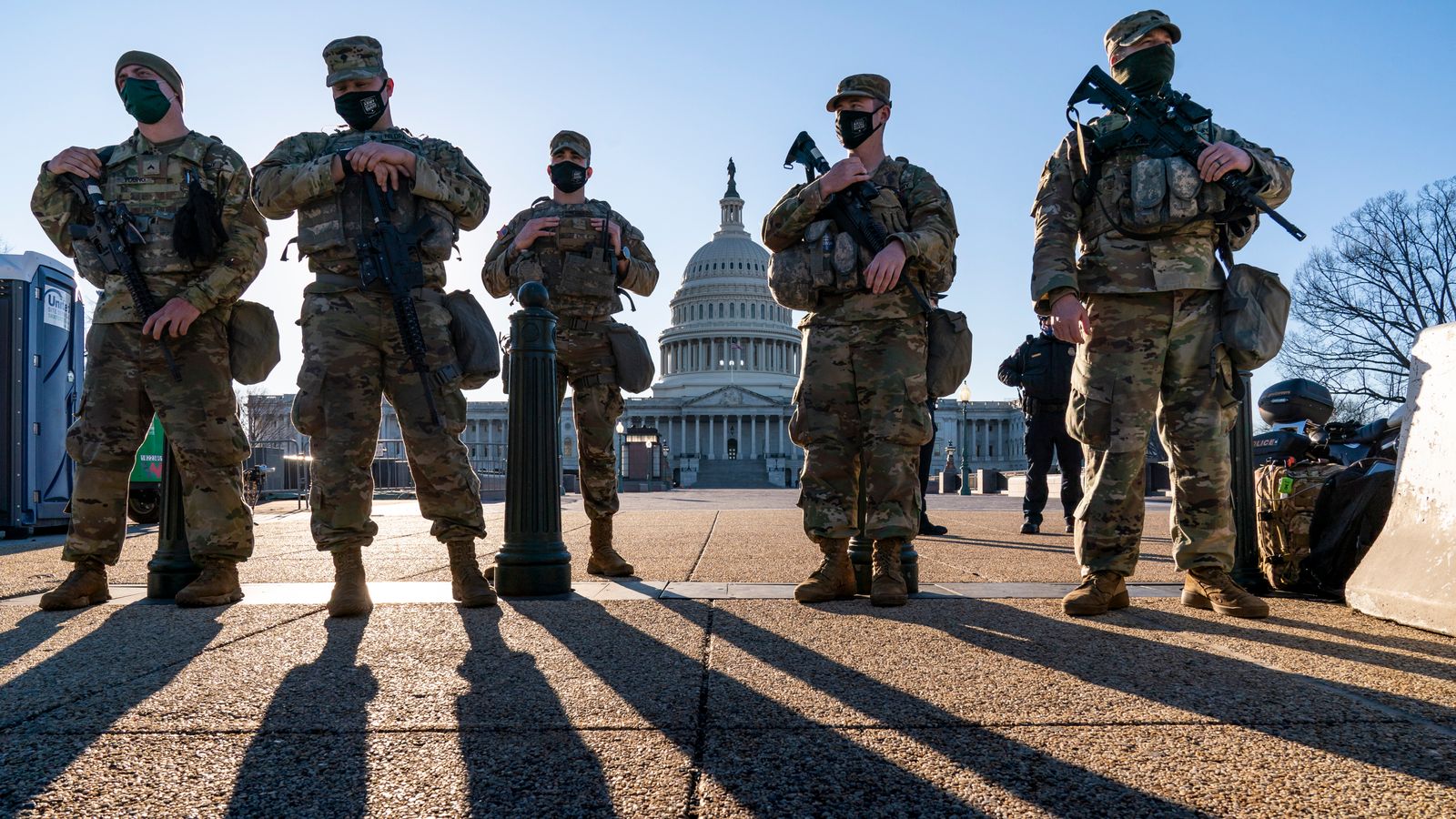
The decision by former President Donald Trump to deploy the US National Guard to Washington, D.C. has sparked widespread discussions and debates across the political landscape. This escalation raises critical questions about the motivations behind such a move, its implications for democracy, and the broader context of political unrest in the United States.
Background: The Political Climate Leading Up to Deployment
In recent years, the United States has experienced a turbulent political environment characterized by protests, polarization, and significant public demonstrations. The events surrounding the 2020 presidential election and its aftermath, including the violent storming of the Capitol on January 6, 2021, have highlighted the fragile state of American democracy.
In this tense climate, the role of the National Guard has become increasingly prominent as a tool to manage protests and ensure public safety. However, the decision to deploy these forces usually rests with federal and state authorities, often in response to specific threats or emergencies.
Reasons Behind the Deployment of the National Guard
According to reports from Al Jazeera, the move to send in the National Guard is driven by several multifaceted reasons.
Protection During Political Events and Demonstrations
- Preserving Public Safety: One of the primary reasons cited for deploying the National Guard is to protect government buildings, officials, and the general public during politically charged events, including rallies, protests, or potential unrest.
- Preventing Violence: Similar to past incidents where protests turned violent, authorities aim to preempt any escalation by mobilizing security forces ahead of time.
- Addressing Threats of Domestic Extremism: Intelligence reports have suggested potential threats from extremist groups, which necessitate a visible security presence to deter violence.
Political Signaling and Authority Demonstration
The deployment of troops often acts as a political signal — a show of strength intended to demonstrate that the government is prepared to maintain order and uphold its authority. In the context of recent political upheaval, such a display can serve to reassure the public and deter further unrest.
Responses to Specific Incidents or Rumors
- Contingency Planning: In the event of unpredictable developments, authorities prefer to be prepared with a rapid response force that can be mobilized almost immediately.
- Counteracting Misinformation or Rumors: The presence of the National Guard can also serve to counteract false information that may incite violence or panic.
Legal and Political Implications of Deployment
The decision to send the National Guard to Washington, D.C. is not without controversy. Critics argue that deploying military forces for domestic issues can escalate tensions and potentially undermine civil liberties. Conversely, supporters contend that such action is necessary to uphold law and order.
Legal frameworks governing these deployments vary, but typically involve coordination between federal and local authorities, with President Trump or the relevant authorities issuing directives based on situational needs.
Historical Context and Comparison
Historically, the deployment of the National Guard in Washington, D.C. has been a common response during times of intense political unrest or national crises. For example:
- During the Civil Rights Movement, the Guard was called in during protests and riots.
- In the wake of the 2020 pandemic, National Guard troops were mobilized to support hospitals and enforce public health measures.
- More recently, the events following the 2020 presidential election saw various deployments to bolster security around the Capitol and federal buildings.
Public and Political Reactions
The deployment of the National Guard has received mixed reactions. Some see it as a necessary measure to prevent chaos and ensure stability, especially amid heightened tensions post-election. Others view it as an overreach, fearing it could lead to militarization of civil society or suppression of dissent.
Politicians across the spectrum have weighed in, with some emphasizing the importance of safeguarding democracy, while others express concern over the precedent set by such military mobilizations.
Future Implications
This deployment sets a precedent for future responses to domestic unrest and highlights the ongoing debate about the appropriate balance between security and civil liberties. Policymakers must consider:
- The long-term impact on civil-military relations.
- The perception of government legitimacy among the public.
- The importance of peaceful and lawful protest in a democratic society.
Conclusion
In summary, the deployment of the US National Guard to Washington, D.C., by former President Trump was driven by a combination of factors aimed at maintaining order amid a charged political atmosphere. While intended to safeguard essential institutions and prevent violence, it also raises significant questions about civil liberties, political symbolism, and the future of domestic security policies.
Understanding the complex reasoning behind such decisions is crucial to appreciating their implications for American democracy and national stability.
For more updated news please keep visiting Prime News World.


